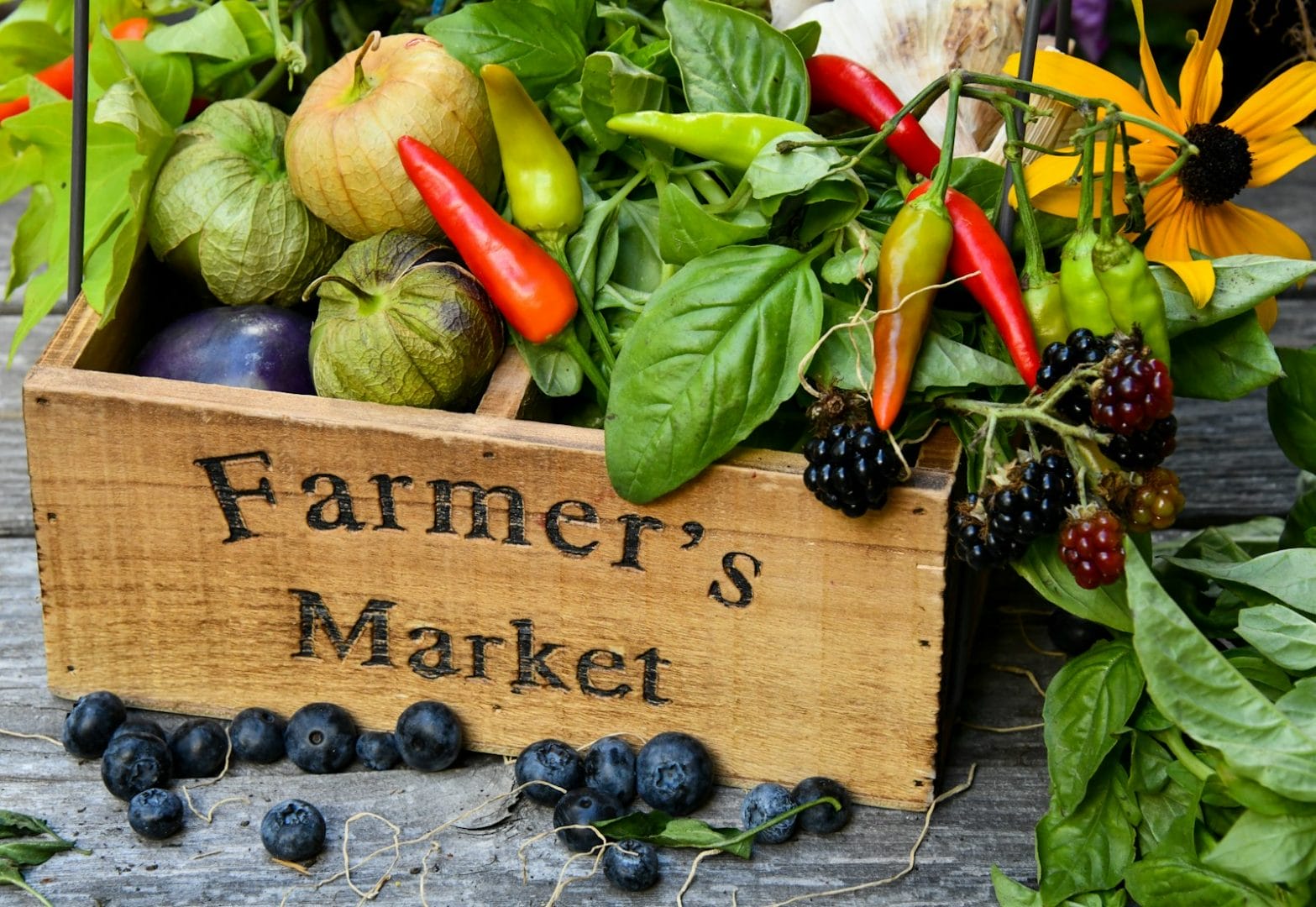The Pizza Garden: What Veggies and Herbs Make the Best Home-grown Pies?
Farm To Table Recipes Vegetables

Ready for a Secret?
There’s a little gardening trick that turns even a modest backyard into a slice of Italy: plant yourself a pizza garden. It doesn’t take a big space, and once you’ve picked toppings straight from the vine and tossed them on a bubbling crust, you’ll wonder why you didn’t try it sooner.
Everyday Pizza Stars (With a Little Cred to Health)
- Tomatoes: The backbone of pizza. Paste varieties like Roma or San Marzano cook down into a thick sauce, while cherries pop with sweetness right on top. Tomatoes are also rich in vitamin C, potassium, and lycopene, which may help reduce the risk of chronic diseases (NC State Extension, University of Kentucky).
- Basil & Oregano: One adds freshness, the other a savory depth. Together, they’re the seasoning backbone of any good sauce.
- Garlic & Onions: Both belong in a pizza patch. A little caramelized onion or roasted garlic on a pie turns it into comfort food.
Veggies That Get Along with Cheese
- Bell Peppers: Sweet and crisp, they bring color and crunch.
- Spinach: Tender greens that pair beautifully with ricotta or mozzarella.
- Mushrooms: Oyster or wine caps can be grown at home, offering that earthy, meaty flavor.
- Zucchini: Slice into ribbons or grill thin rounds for a light, flavorful layer.
Taking It Further: Exotic Pizza Toppings
- Arugula: Tossed fresh on a hot pie, it wilts just enough to shine.
- Fennel Bulbs: Roasted thin slices add a gentle anise sweetness.
- Eggplant: Smoky and rich when grilled.
- Hot Peppers: Jalapeños or serranos for a little spark.
- Pineapple Sage: A curious herb with faint fruity notes—surprisingly good in small amounts.
Pizza Styles Worth Trying
- Spicy Mexican-Style Pizza: Start with a smoky tomato-chipotle base, add roasted peppers, onions, and queso fresco. Then, balance the heat with thin slices of seasonal fruit—plums, peaches, or cherries work beautifully. That little burst of sweetness plays off the spice in a way that makes each bite sing.
- French-Style Pizza (Pissaladière-inspired): Think caramelized onions spread thick across the dough, a scattering of black olives, maybe a few anchovies if you’re brave, and a drizzle of olive oil. It’s rustic, rich, and proof that simple ingredients can taste downright elegant.
A Gardener’s Joy in Experimenting
Each season brings discoveries. One year, it was tomatillos for salsa verde pizzas, another year, arugula scattered over mozzarella for a peppery punch. These little experiments keep gardening fresh—sometimes the surprises become new family favorites.
Tips for Growing a Pizza Garden
- Cluster Companions: Tomatoes, basil, and oregano thrive together.
- Rotate by Season: Spinach in spring, peppers in summer, arugula in fall—keeps the harvest rolling.
- Try Containers: Even a patio with just a pot or two can provide a satisfying spread of pizza toppings.

FAQ: Pizza Garden Basics
What is a pizza garden?
Can I grow one in pots?
Which tomato works best for sauce?
Any unexpected herbs worth trying?
Final Slice of Advice
A pizza garden isn’t just practical—it’s playful. It invites you to test flavors, enjoy the harvest, and turn a patch of soil into a plate of joy. Some years, the peppers are shy or the basil grows faster than you can use it, but then comes that evening when you pull a pie from the oven, topped with your own tomatoes, herbs, and maybe even a few daring extras and that’s when you realize the garden isn’t just feeding you—it’s enriching your home, your table, and the stories you share around it.
Share this post
Interactive Guides
All categories
More From The Garden
Disclosure: This post may contain affiliate links. That means if you click and buy, The Bright Garden may earn a small commission, at no extra cost to you. We only recommend products we’ve vetted and believe will benefit our readers.










